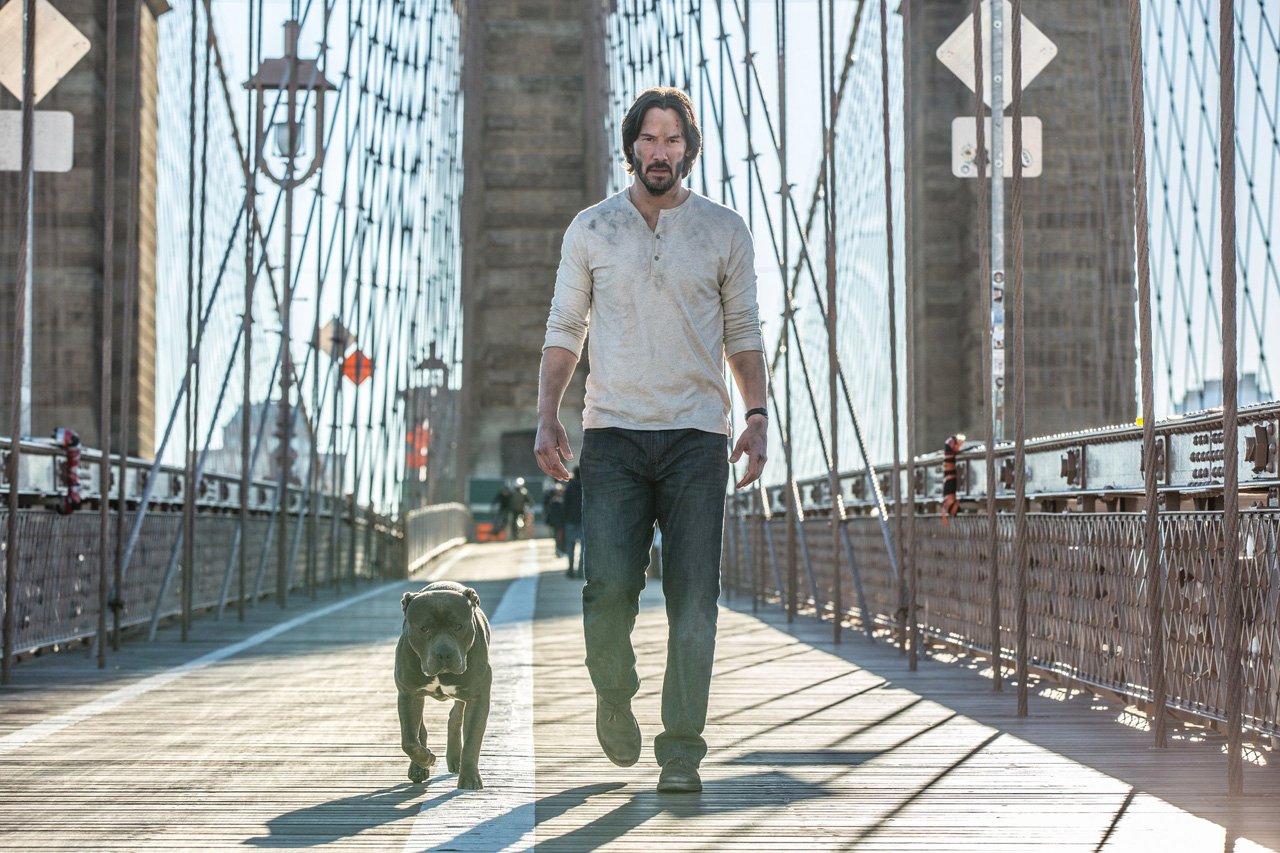by George Wolf
Of this year’s five nominated short subject documentaries, four are anchored in the horrors of war and the fifth details the inevitability of death. There are precious few smiles to be had, but as five talented directors seek cracks of light amid waves of despair, a current of unyielding hope begins to unite the films.
4.1 Miles
Director: Daphne Matziaraki
Running time: 26 minutes
For a coast guard captain on a small Greek Island, “Life used to be under control.”
Now?
“Chaos.”
4.1 Miles is often reminiscent of the acclaimed 2012 documentary Leviathan, as Matziaraki immerses us in a day on a Greek coast guard vessel during the biggest refugee crises since WWII. Terror, frustration and exhaustion are all palpable during a breathless 26 minute ride.
Extremis
Director: Dan Krauss
Running time: 24 minutes
The debut documentary short from Netflix, Extremis examines the tough choices – and often “murky ethics” – in play as doctors and patients face end-of-life decisions in a hospital ICU.
With minimal time for backstory in a short subject, Krauss instead focuses on how different individuals approach these intensely personal decisions. Families huddle to determine, and then honor, the wishes of their loved ones, while doctors struggle with questions no amount of training can prepare them for.
Raw, thought-provoking and often heartbreaking, Extremis unveils the search for comfort in an uncomfortable truth.
Joe’s Violin
Director: Kahane Cooperman
Running time: 24 minutes
Have some tissues handy for this one, as you’ll meet a 91 year-old Holocaust survivor who donates his violin to a school instrument drive in New York, asking, “How long can you live with memories?”
The donation changes two lives, and Cooperman delicately balances Joe’s story with that of Brianna, the 12 year-old Bronx schoolgirl chosen to next play the prized instrument.
Their meeting rings with an emotional chord of destiny that never feels forced, leaving Joe’s Violin as the frontrunner in a stellar field of nominees.
https://www.youtube.com/watch?v=6SBZVYyDQOg
Watani: My Homeland
Director: Marcel Mettelsiefen
Running time: 40 minutes
“We love you, Syria. Forgive us.”
As a father admits to sacrificing his children’s futures for the benefit of revolution, his family is left to survive without him.
The Syrian War rages, the father’s fate is unknown, and his wife makes the painful decision to leave their homeland in search of a better life.
Filmed over the course of three years, Watani illustrates one family’s struggle to accept a horrific past while embracing the promise of a new way of life.
https://www.youtube.com/watch?v=xZeMVo9JYsY
The White Helmets
Director: Orlando von Einsiedel
Running time: 41 minutes
Technically, the are the Syrian Civil Defense, a group of volunteers committed to helping any victim of the Syrian War, regardless of which side they may be on.
But as we meet individual members of the “White Helmets,” we find men fiercely committed to a job they hold sacred, and the belief that it is “better to rescue one soul than to take one.”
Peppered with breathtaking rescue footage, The White Helmets is a hopeful reminder that mercy exists in even the most hellish of places.
Rating for full program:









